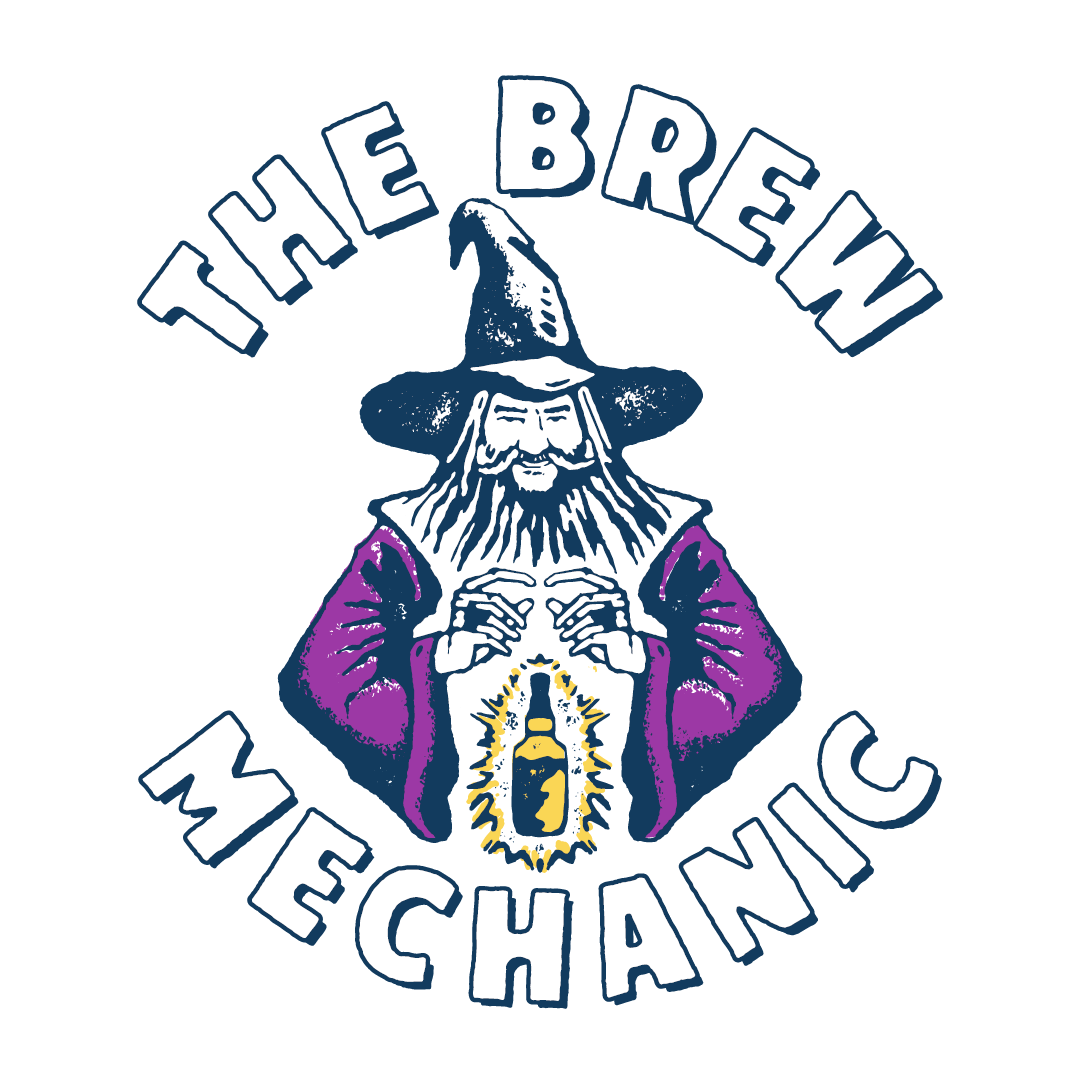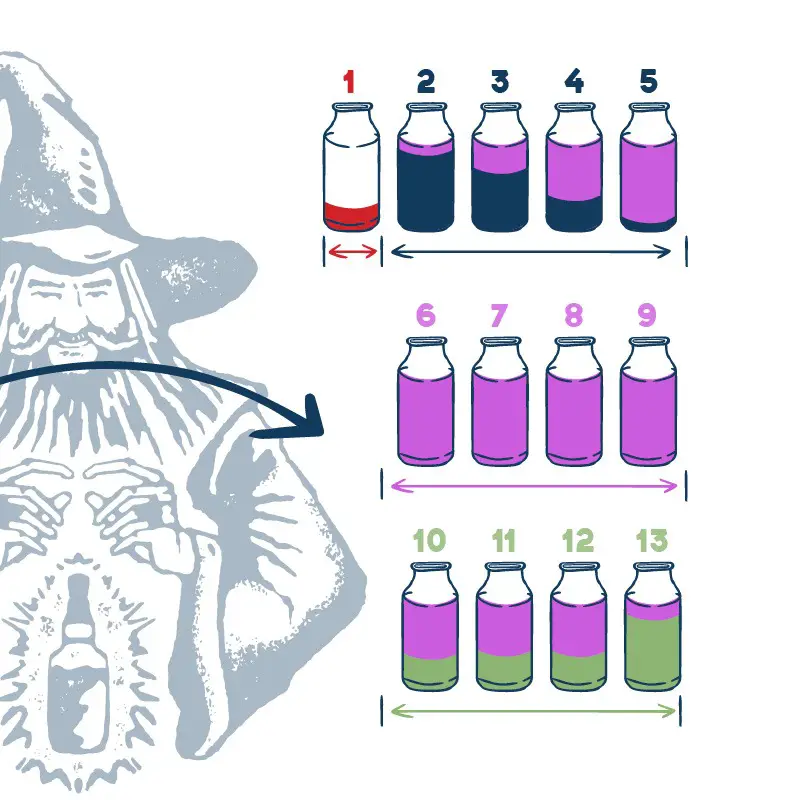Distilling FAQ
Whether you are a beginner or an experienced home distiller, we hope to provide helpful information to enhance your distilling experience.
Most Popular
Distilling FAQ
Distilling can be an exciting and rewarding hobby, but it also requires knowledge and caution to ensure safety and legality. What will be helpful is a distiller’s glossary to understand the terms used.
In this distilling FAQ section, we aim to answer some of the most common questions about distilling, from the process of making alcohol to the use of different types of stills and the legality of home distillation.
Get your distilling tips & course launch
Sign up for our email list to receive exclusive tips and tricks on distilling alcohol at home. Impress your friends with your very own homemade spirits.

